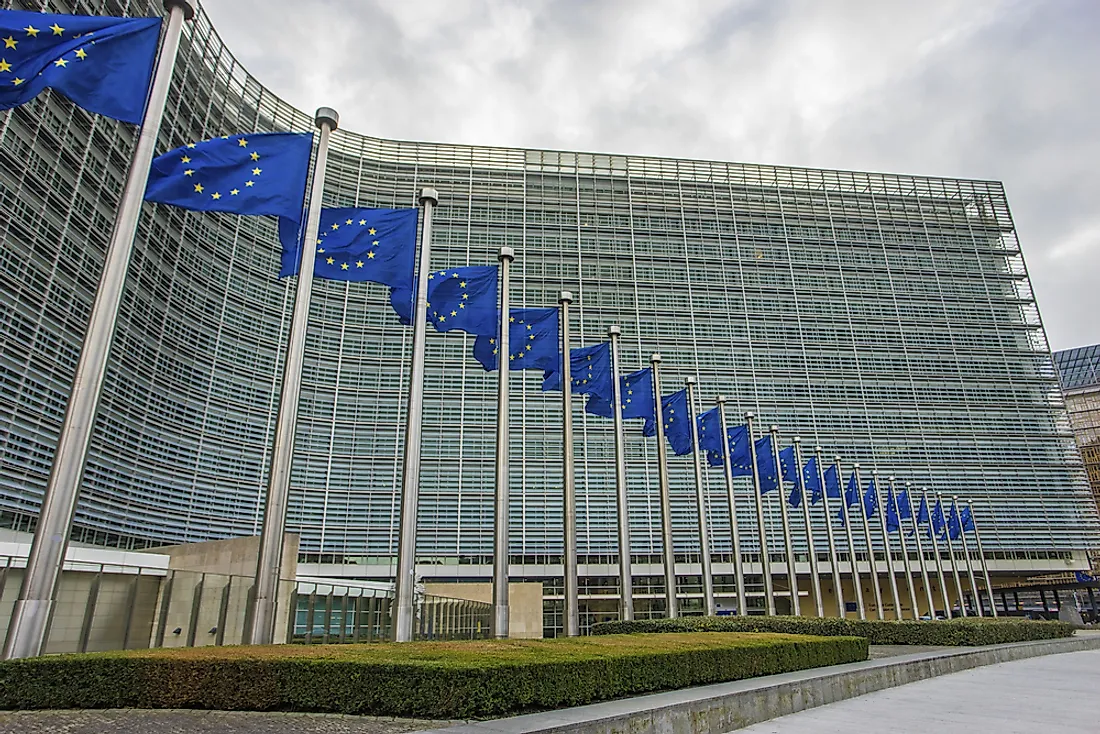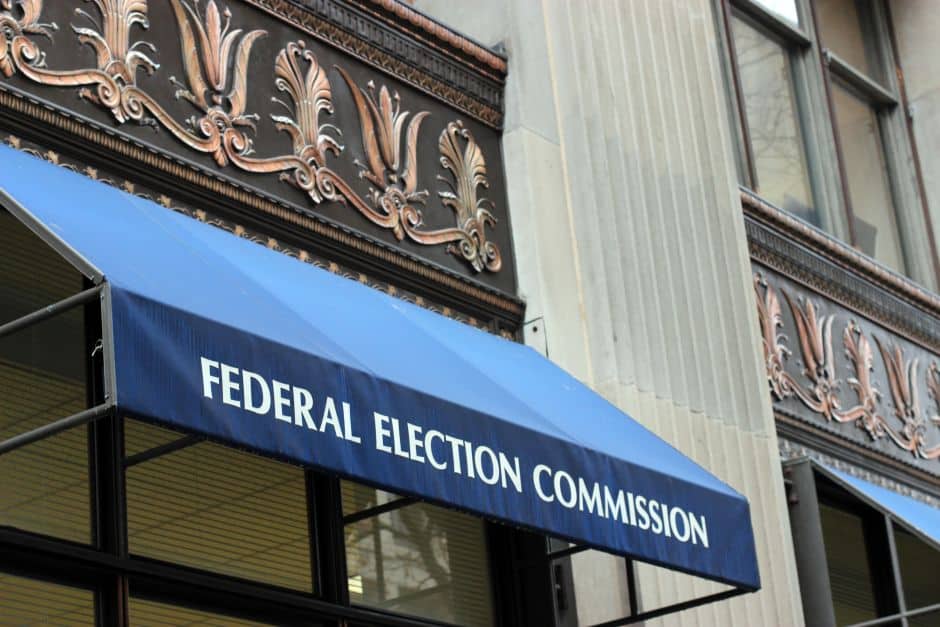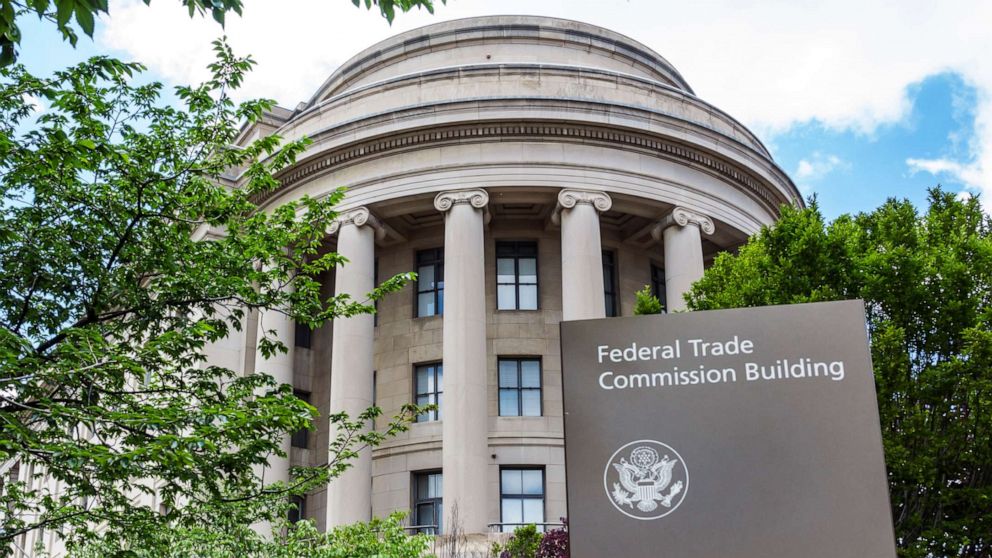:max_bytes(150000):strip_icc()/48126619532_f99720960b_k-4440c9ca18eb40d39353e807e7cd56ba.jpg)
Morgan Stanley and Merrill Lynch are two of the oldest names on Wall Street. Morgan long focused on serving corporations with investment banking services, while Merrill was more of a retail brokerage. Both got caught up in the transformation of the financial services sector. Morgan purchased brokerage firms Dean Witter and Smith Barney, while Merrill was taken over by Bank of America during the 2008 financial crisis.
During the past dozen years, both Morgan and Merrill have seen their reputations tarnished by a series of legal controversies. When Violation Tracker began collecting data on financial offenses in 2015, BofA appeared atop the list of banks that had paid more than $1 billion in fines and settlements, thanks mainly to cases involving Merrill. Morgan ranked 7th.
The database, now with information extending back to 2000, shows BofA with total penalties of over $80 billion, far more than any other parent company. Morgan has paid out more than $9 billion.
Morgan and Merrill also feature prominently in the newest category of data to be added to Violation Tracker: penalties imposed on securities firms by the Financial Industry Regulatory Authority. Unlike the other agencies whose cases are compiled in Violation Tracker, FINRA is not a government entity. It is, however, authorized by Congress to acted as an industry self-regulator and is overseen by the SEC.
By reviewing all press releases issued since 2000 by FINRA and its predecessor, the National Association of Securities Dealers, we have assembled 726 cases with total penalties of more than $1 billion. And when we matched the firms named in the cases to their corporate parents, we found that roughly half of the actions were linked to the giants of Wall Street. Those companies account for an even larger share of the penalty dollars.
Morgan Stanley and Bank of America (mostly via Merrill Lynch) are tied for first place in terms of the number of cases, with 38 each. Morgan leads in penalty dollars, with a total of $150 million, followed by BofA with $134 million. The other firms with the highest total penalties include Credit Suisse, Citigroup, Wells Fargo, Deutsche Bank, and UBS. (The Morgan and BofA totals on Violation Tracker’s FINRA summary page do not match the amounts cited here because they have been adjusted avoid double-counting of some penalties linked to cases handled jointly with the SEC.)
Because the penalties imposed by FINRA are relatively low, the case numbers are perhaps more significant. What does it say about Morgan and Merrill that they have each been cited more than three dozen times for violating rules meant to protect investors? In one case, Merrill was cited for failing to prevent one of its representatives in Texas from operating a Ponzi scheme.
And what does it say about FINRA that it allows the big players to commit violations over and over again without doing more than imposing additional modest fines?
It should be noted that the cases we collected from the FINRA press releases make up only a portion of the organization’s actions, with thousands more against firms and individuals contained in a proprietary database. In other words, the level of recidivism among the large Wall Street firms is probably even worse than what is suggested by the press releases.
Moreover, just a few days ago, after we finished processing the FINRA data, the organization imposed a new $3.25 million fine on Merrill Lynch and ordered it to pay $8.4 million in restitution to customers.
Neither government action nor industry self-regulation seems to be very effective at curbing financial misconduct.
Note: Along with the new FINRA cases, Violation Tracker has just been updated with information from the more than 300 federal, state and local agencies covered by the database. The Tracker now contains 490,000 entries with total penalties of $669 billion.








You must be logged in to post a comment.